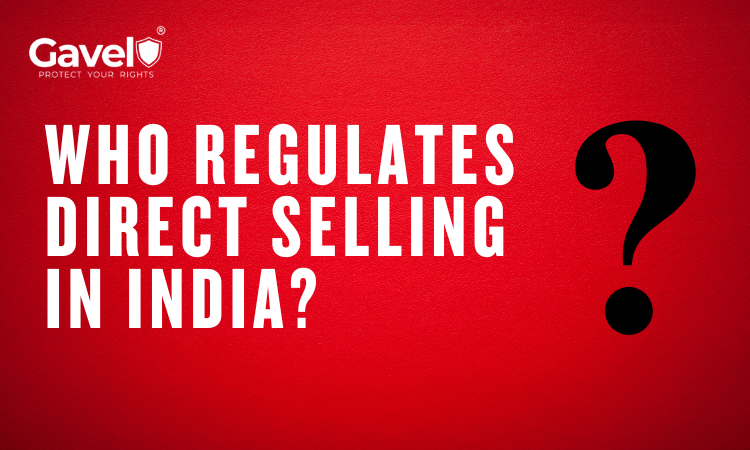Understanding the Legal Oversight for Direct Selling Entities under Indian Law
The Indian Direct Selling industry has witnessed substantial growth over the past decade, creating a wave of entrepreneurial opportunities. However, with this rise comes the need for strict legal compliance and consumer protection. A commonly asked question by companies and individuals in the sector is:
“Which government authority regulates direct selling in India?”
Let’s simplify the legal framework.
1. The Nodal Regulatory Authority: Ministry of Consumer Affairs
The Ministry of Consumer Affairs, Food & Public Distribution, through its Department of Consumer Affairs, is the primary government body regulating direct selling activities in India. This is the department that issued the landmark Consumer Protection (Direct Selling) Rules, 2021, under the Consumer Protection Act, 2019.
These rules apply to:
- Direct Selling Entities (DSEs)
- Direct Sellers
- E-commerce platforms involved in Direct Selling
2. The Legal Framework: Direct Selling Rules 2021
The Direct Selling Rules, 2021, notified on 28th December 2021, have laid out comprehensive guidelines to ensure:
- Transparency in direct selling operations
- Protection of consumer interests
- Prevention of pyramid and money circulation schemes
These rules mandate that Direct Selling Entities must comply with over 30 legal obligations, including:
- Mandatory registration with the Central and State Governments
- Grievance redressal mechanisms
- Ban on misleading advertisements
- Full disclosure of refund and return policies
Non-compliance with these rules can lead to penal consequences under the Consumer Protection Act, 2019.
3. State-Level Monitoring Authorities
In addition to the central authority, State Governments play a crucial role in implementation.
As per Rule 9 of the Direct Selling Rules 2021, every state is required to establish a Monitoring Mechanism, often chaired by the State Consumer Protection Department, Legal Metrology Department, or other nominated regulatory bodies.
States like Andhra Pradesh, Tamil Nadu, Karnataka, and Gujarat have already published state-specific Direct Selling Guidelines or constituted monitoring committees.
4. Enforcement Agencies
Depending on the nature of the violation, the following authorities may also be involved:
- Police departments (Economic Offences Wing) – in cases of fraud or illegal pyramid schemes
- Legal Metrology Department – for labeling and packaging violations
- Registrar of Companies (ROC) – for business compliance under the Companies Act
- Income Tax Department – for taxation issues related to commissions and bonuses
5. Conclusion: Stay Compliant, Stay Protected If you are a Direct Selling company or a distributor, it is critical to align your operations with the Direct Selling Rules, 2021, and be aware of both Central and State-level regulations. The Department of Consumer Affairs is your primary guidepost, but your compliance journey doesn’t stop there.
Need expert legal advice for your Direct Selling business?
We’re here to help you stay compliant, protected, and growth-ready.
Gavel Law Firm – Direct Selling Legal Experts
Phone: +91-7011520061
Your trusted partner in Direct Selling compliance.

